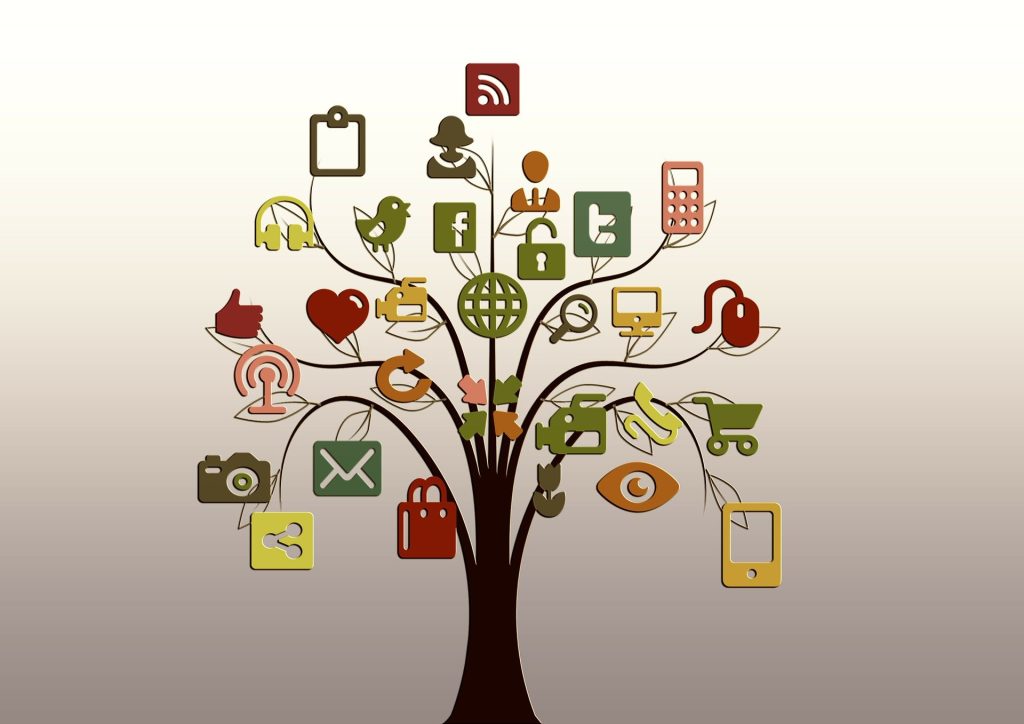
Introduction:
Social media has revolutionized how people engage with politics, providing new avenues for political participation. This article explores the influence of social media on political engagement and its implications for democracy.
· Access to Information:
Social media platforms have democratized access to information, allowing citizens to stay informed about political events, policies, and candidates. The ease of sharing and consuming news on social media has increased political awareness and engagement.
· Amplifying Voices:
Social media empowers individuals to share their perspectives, amplifying diverse voices. Hashtags, viral posts, and online campaigns have facilitated the mobilization of like-minded individuals, leading to collective action and raising awareness about various political issues.
· Direct Communication:
Politicians and political parties now use social media as a direct communication channel with the public. Platforms like Twitter and Facebook enable politicians to engage directly with their constituents, fostering a sense of accountability and transparency.
· Political Activism:
Social media has become a powerful tool for political activism. Online petitions, digital protests, and campaigns organized through social media have proven effective in driving political change and shaping public opinion.
· Disinformation and Polarization:
While social media has expanded political participation, it has also brought challenges. The spread of disinformation and the creation of echo chambers can fuel polarization and hinder informed decision-making. Critical media literacy skills are essential to navigate this landscape.
Conclusion:
Social media has transformed political participation, promoting accessibility, amplifying voices, and facilitating direct communication. However, it also poses challenges such as disinformation and polarization. It is crucial for individuals to engage responsibly, critically evaluate information, and actively participate in shaping a healthy and inclusive digital public sphere.